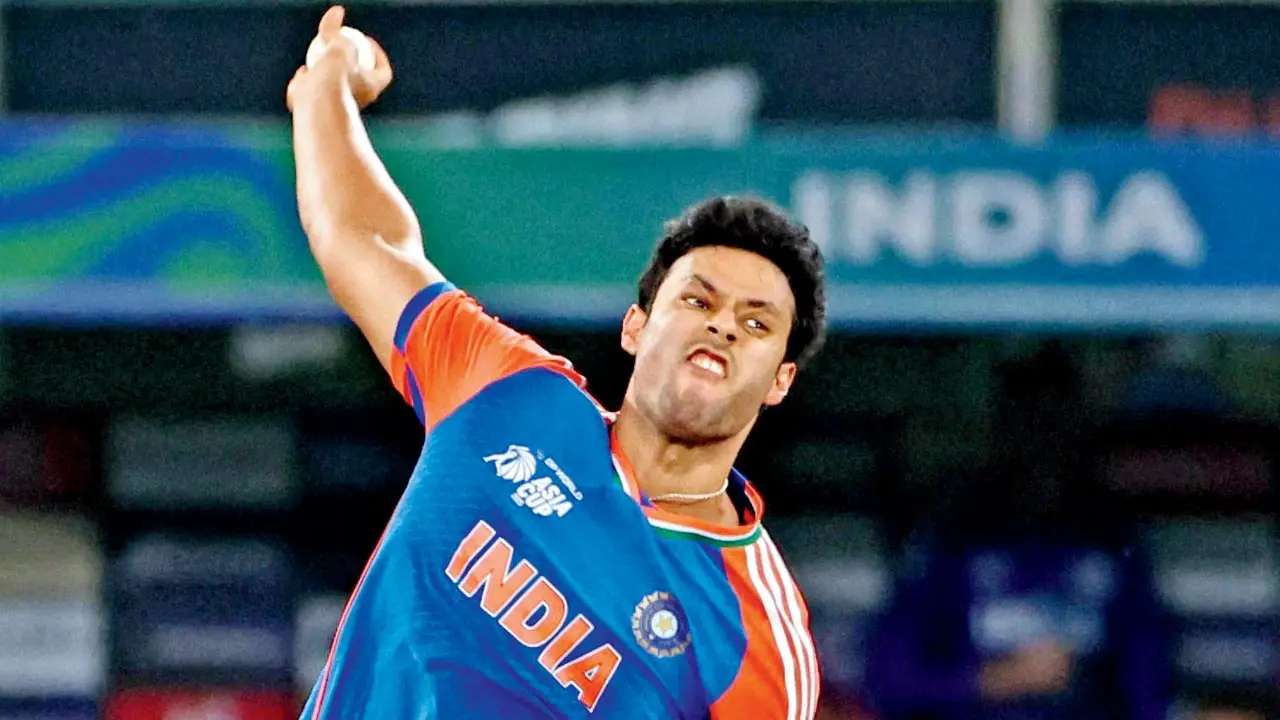Sunday provided the perfect illustration of how you start, especially in cricket, isn’t half as important as how you finish.
With generous help from butter-fingered Indian fieldsman, Pakistan bossed the first 10 overs here. For most of the remaining 28.5 overs — except for a brief three-over spell right at the end of Pakistan’s batting stint — it was India all the way in the T20 Asia Cup Super Four showdown.
There has been an extra edge to India-Pakistan matches in this tournament, but the cricket hasn’t lived up to the hype. India have left Pakistan way behind in limited-overs internationals — the teams have faced off in a Test since December 2007 — and Sunday reiterated the gulf.
Pakistan begin with 91-1
At 91-1 midway through their innings, Pakistan seemed to have shed the diffidence that has gripped their 20-over cricket in the last few years. The drinks break at the 10-over mark gave India the opportunity to regroup. For the next seven overs, they tightened the screws with the unlikely, towering figure of Shivam Dube emerging as the game-changer.
Dube isn’t the first name that comes to mind when one talks of India’s bowling, but the seasoned Mumbaikar showcased his value with the ball during a three-over first spell when not only did he put the lid on the scoring, he also picked up the crucial sticks of the well-set second-wicket pair of Sahibzada Farhan and Saim Ayub. The hallmark of a champion outfit is to unearth a different hero each time, and Dube made up for a decidedly sub-par outing for Jasprit Bumrah with his parsimonious 2-16 off three overs.
Sudden dearth of boundaries
Between overs 9.3 and 16.1, for 39 deliveries, Pakistan failed to find the boundary. Mohammad Nawaz played out four dot balls in the 16th over, from Varun Chakravarthy. For all their lip service to aggressive batting, Pakistan fell back on the conservative without provocation. India upped their disciplines and asked the questions that were conspicuous by their absence in the first quarter of the game, but Pakistan showed no intent whatsoever until, with time running out, they hit out in desperation and amassed 43 off the last 18 deliveries.
At the innings break, India must have been the happier unit; having stared at 185 and more, they had pulled back their target to 172, which Abhishek Sharma and Shubman Gill attacked ferociously. Bowling is clearly Pakistan’s stronger suit, but you wouldn’t have guessed. From the first ball from Shaheen Shah Afridi, which Abhishek pulled for six, there was only one team in the contest. Unlike India, who responded splendidly in the first half of the match, Pakistan were clueless. Apart from the fired-up Haris Rauf, who recovered from a poor first over, but didn’t cover himself in glory with unbecoming gestures and needless flare-ups, the rest crumbled under the sustained onslaught.
Rivalry? What rivalry? Suryakumar Yadav hit the nail on the head after the game. India hold a 7-0 white-ball record against Pakistan since the 2022
T20 World Cup. The rivalry talk is getting a little tired, truth be told.
ZERO
No. of matches India have lost in the last 34 T20Is that Shivam Dube has featured in, two games ended with no result

